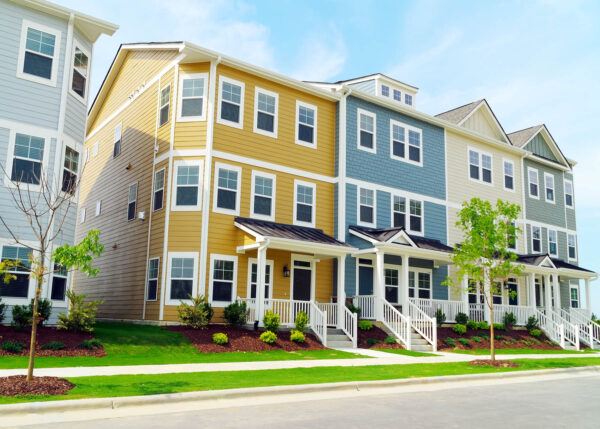The issue of affordable housing is a nationwide concern that affects individuals and communities across the United States. In this article, we will delve into the pressing issue of affordable housing, examining the challenges it presents and exploring potential solutions to ensure that safe and affordable housing is accessible to all Americans.
The Affordable Housing Crisis
Soaring Housing Costs
One of the primary challenges contributing to the affordable housing crisis is the soaring cost of housing. Rapidly rising home prices and escalating rents have made it increasingly difficult for many individuals and families to secure affordable shelter.
Income Disparities
Income disparities play a significant role in housing affordability. Many Americans, particularly low and middle-income earners, struggle to allocate a substantial portion of their income toward housing expenses, leaving them with limited financial resources for other necessities.
Homelessness
The lack of affordable housing has contributed to a growing homelessness problem in many cities and regions. Individuals and families experiencing homelessness face numerous challenges, including inadequate shelter, lack of access to basic amenities, and limited opportunities to regain stable housing.
Potential Solutions
Affordable Housing Initiatives
Numerous affordable housing initiatives aim to address this issue. Government programs, nonprofit organizations, and private developers work together to create affordable housing units and rental subsidies for those in need.
Rent Control and Tenant Protections
Rent control measures and tenant protections can help stabilize housing costs. These policies limit rent increases and protect tenants from unjust evictions, providing more security to renters.
Zoning and Land Use Reforms
Reforming zoning and land use regulations can encourage the development of more affordable housing. By allowing for higher-density housing and mixed-use developments, communities can increase housing supply and affordability.
Housing Vouchers and Subsidies
Housing vouchers and subsidies provide financial assistance to low-income individuals and families, enabling them to access safe and stable housing in the private rental market.
Public-Private Partnerships
Public-private partnerships can leverage the strengths of both sectors to create affordable housing solutions. Collaboration between government entities, developers, and nonprofits can result in more efficient and impactful housing initiatives.
Local and Regional Approaches
Inclusionary Zoning
Inclusionary zoning policies require developers to include a percentage of affordable units within new housing developments. This approach promotes economic diversity within neighborhoods.
Community Land Trusts
Community land trusts acquire and hold land for the benefit of the community. They can help maintain affordable housing options by controlling land prices and preserving housing affordability.
Supportive Housing Programs
Supportive housing programs combine affordable housing with on-site services such as mental health counseling and job training. These programs address the needs of vulnerable populations, including individuals experiencing homelessness.
A Nationwide Imperative
Affordable housing is not only a pressing concern but also a fundamental human right. The issue transcends regional boundaries and affects millions of Americans from all walks of life. Addressing the affordable housing crisis requires a multifaceted approach that encompasses policy changes, community engagement, and innovative solutions.
By implementing a combination of affordable housing initiatives, rent controls, zoning reforms, and supportive programs, communities can work toward providing affordable housing options for all their residents. It is a nationwide imperative to ensure that safe and stable housing is within reach of every individual and family, regardless of their income level.





